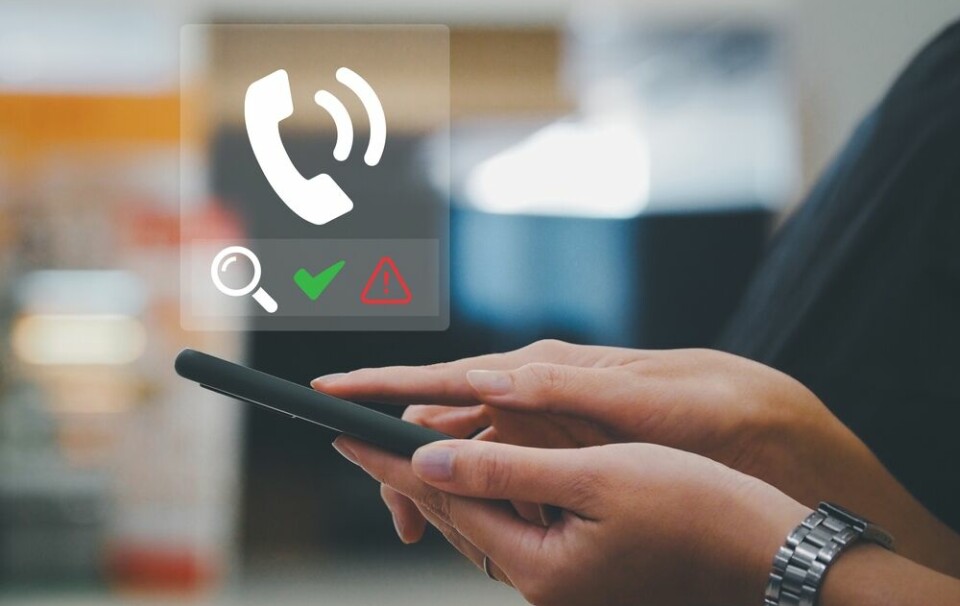-
Is health insurance required to return to visit England from France?
Certain health access remains free at the point of use for all
-
Do self-employed people in France put their personal assets at risk?
Rules for self-employed workers are different than for employees
-
Are there noise rules for motorcycles in France?
‘Sound radars’ may soon come into force following trial
Can you return a product in France that does not work as advertised?
Consumer laws has rules on this for physical and digital goods but there are timeframes to respect

Reader question: I bought an item which does not do what it was supposed to. What are my rights? W.J.
If you took out a commercial guarantee when you bought the product, then you should check its terms and conditions.
However, we assume that this is not the case.
Otherwise, assuming you bought the product from a professional, there is first the garantie légale de conformité, an obligatory legal right which covers defects which existed at the moment of purchase.
This includes cases in which the product turns out to be unsuitable for the regular uses expected of such a product, does not correspond to its packaging or advertising, or is not the way it was described by the vendor before you concluded the purchase.
Based on article L217-4 of the Code de la consommation, it applies for two years for new items and one year in the case of secondhand goods, and it covers both physical and digital goods.
You can ask for a repair or replacement of the item, but the seller can choose the cheaper option if there is a significant price difference.
Read more: French shops mis-sold guarantees for faulty goods: Orange, Darty, SFR
Asking for a reimbursement
If the above options are impossible, cannot be done within a month, or are very inconvenient for you, you can ask for a full refund by returning the product.
You will need to provide proof of purchase, such as a bill, a receipt or a delivery form.
Either take the item back to the seller and ask for a ticket de dépôt acknowledgement slip, or give a warning in writing first, claiming your legal rights by registered post with reception slip (lettre recommandée avec avis de réception, LRAR), including proof of purchase, such as a receipt or delivery form.
You can find an example letter at this link (in French).
In the case of disputes, you can seek help from a mediator in the relevant commercial sector – the seller should indicate who this is – or the free conciliateur de justice service. Court action is the last resort.
A similar avenue is to rely on the garantie légale des vices cachés, which gives the right to a refund or discount in the case where you find a defect that existed at the time of purchase but was not easy to spot, and which renders the item useless or ineffective.
This can last longer than the garantie légale de conformité, as it is two years from the point at which you discover the fault and only expires five years after purchase. You would normally make use of it by sending an LRAR to the seller.
Read more
12 French banks taken to court for not reimbursing fraud victims
Post Brexit can I get EU compensation if UK-France flight cancelled?
























